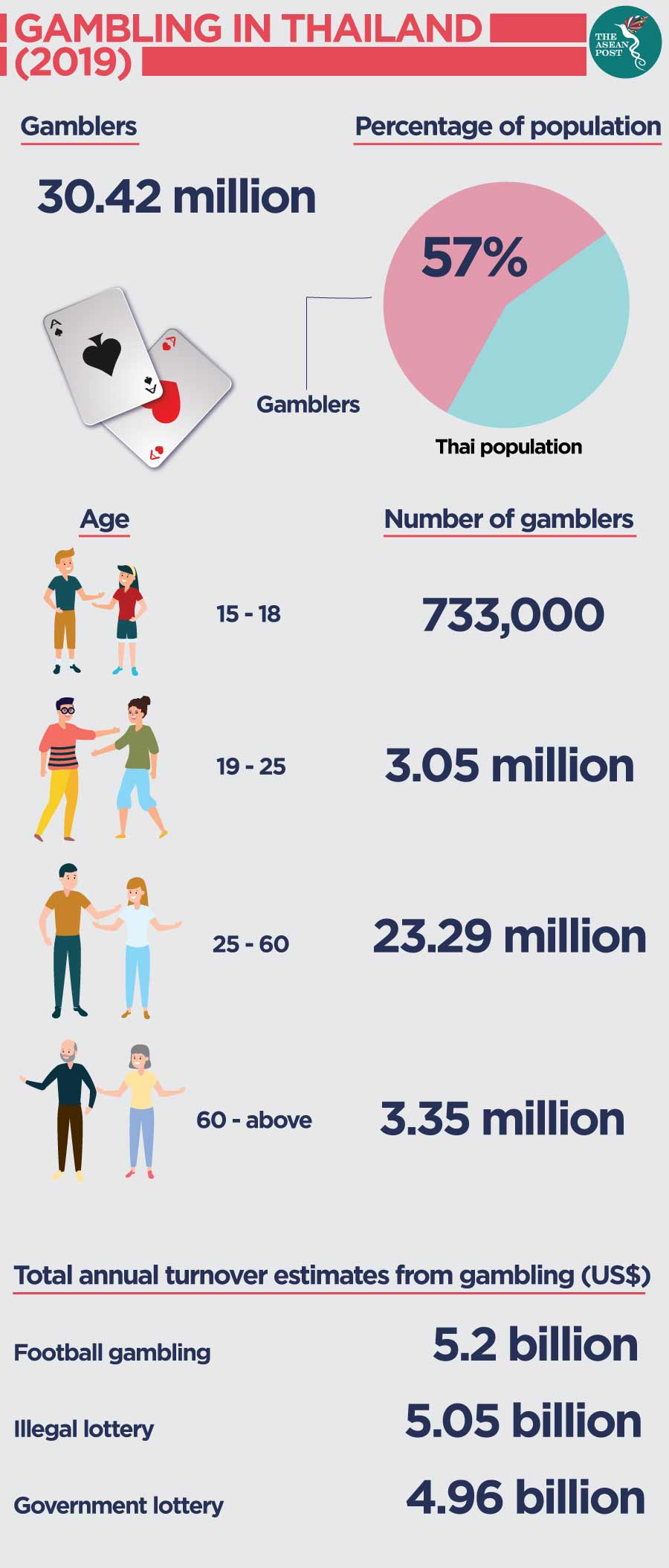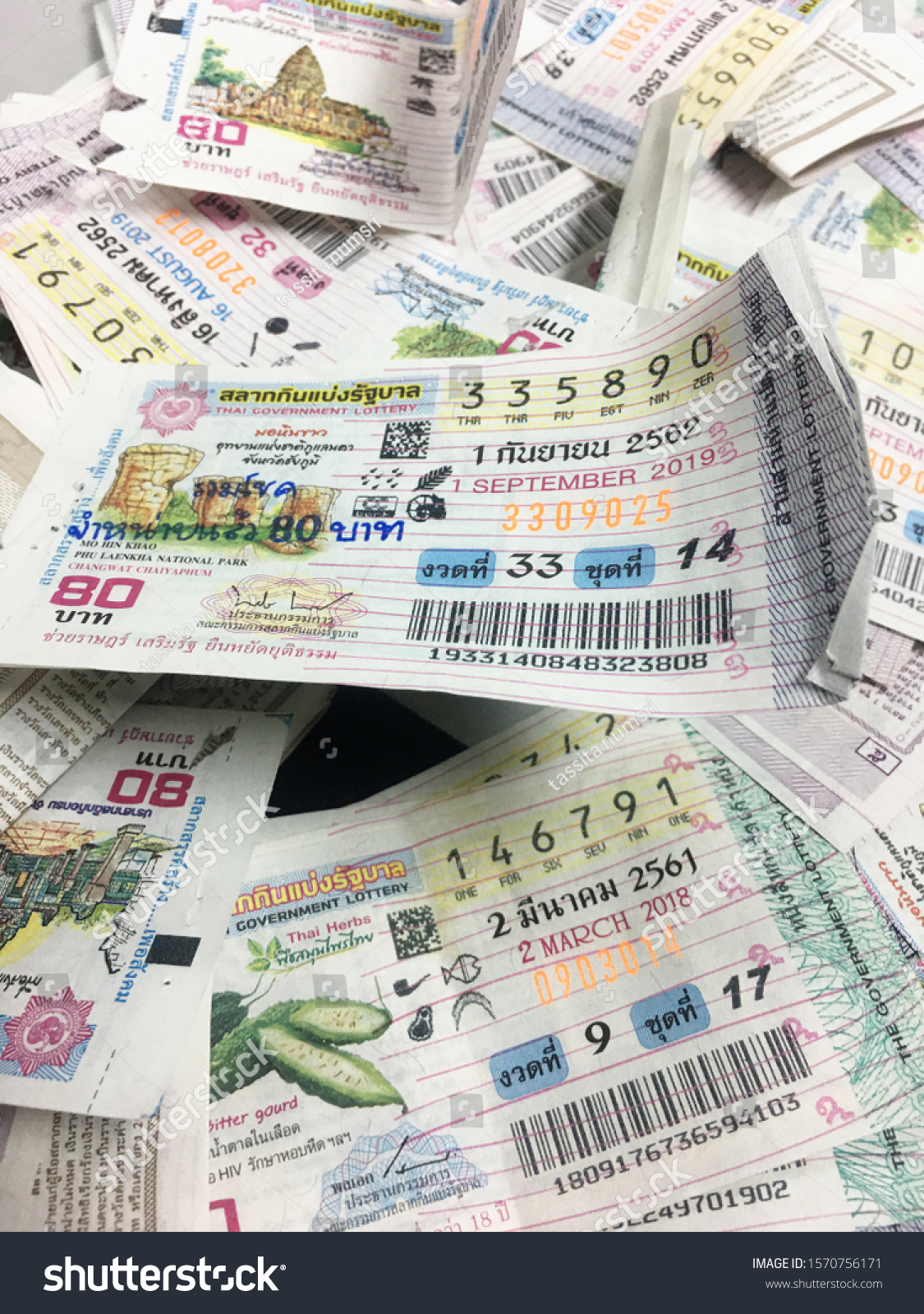Gambling Legal In Thailand


Nearly all forms of gambling are illegal in Thailand. The legislation doesn’t specifically mention internet play, but online gambling falls under the general category of gambling. The two exceptions to the country’s ban on gambling are the national lottery and betting on horses at a few racetracks. Is there a gambling law in Thailand and what kind of gambling is allowed there? Sign Up After joining our community you will be able to ask questions, answer other people’s questions, chat with members, earn points and badges and much more. He says that foreign gambling websites bring in no revenue to Thailand and if online gambling are legal, the taxes could bring in 5 to 6 billion baht a year. “There are many online gambling websites running in foreign countries for Thai people. The websites were running legally while it was illegal for Thai gamblers to play.
A new survey conducted by Thailand's Centre for Gambling Studies and Centre for Social and Business Development has revealed that as much as 57% of the country's citizens have gambled during the past year.

Forms of gambling Casinos. Despite laws against gambling, illegal casinos are widespread in Thailand. The first large-scale gambling houses were established in Ayutthaya by the government in the late-17th century or early-18th century as a result of the steady growth of Chinese population.
While the country's legal market is restricted to the state-run lottery and horse racing, significant numbers of people were found to have gambled on both legal and illegal in 2019, based on a survey of 44,050 people aged 15 and over. The figure marks an increase from 2017, when 54.2% of the population were found to have taken part in gambling activities. When the findings were applied across the entire population, it suggests an estimated 30.4m people gamble in some form.
Thai citizens were found to gamble across a range of different legal and illegal products. Government lotteries were the most popular form of gambling, with an estimated 22.7m players, followed by underground (illegal) lotteries, which saw 17.7m players, while card games attracted 4.4m players.
While the number of football bettors, at 3.5m, was lower than each of these products, this accounted for the highest level of customer spend, with THB160.5bn (£4.3bn/€4.8bn/$5.3bn) in stakes projected for 2019. This was followed by underground lotteries, which is estimated to account for a further THB153.2bn in wagers, followed by legal, government-sanctioned lotteries, for which sales are expected to hit THB150.5bn this year.
Government lotteries saw the largest rise in players in absolute terms, increasing by 1.3m. Dice games such as Hi-Lo and Bầu cua cá cọp, on the other hand, saw the largest increase in popularity in percentage terms, increasing 82.2% to 2m players.
The government lotteries were also the most common gateway into gambling, with 28% of players' starting by buying a lottery ticket. Underground lotteries were the first form of gambling played by 27.3% of players, while 23.5% placed their first wager on card games.
Online gambling, meanwhile, remains a minority pursuit, with 1.6% of those surveyed saying they gambled via the internet. Gamblers bet a total of THB20.2bn online, with the most popular game being baccarat, played by 45.2% of customers. A further 27.6% of people had played other card games online, while 20.1% played online slots and 16.7% bet on sports.
A further 9.4% of people said they gambled in casinos, of which 0.5% gambled at casinos abroad in countries bordering Thailand and 0.3% in other foreign countries.

According to the report, 20.9% of those aged 15-18 had participated in gambling, wagering a combined THB 10.2bn. For the 19-25 years age group, 46.3% had gambled, with this percentage falling to 42.2% of those aged 60 and above.
The report said that around half of gamblers started playing by the age of 20, with one individual claiming to have first gambled aged 7.
The figure marks an increase from 2017, when 54.2% of the population were found to have taken part in gambling activities.
The survey also found that 210,090 people fit the definition of problem gamblers, based on the Problem Gambling Severity Index (PGS. Of these, 38,953 fell in the 15-25 age range, 24,925 were aged 60 or older and 146,212 were aged between 26 and 59. Furthermore, 9.8% of those surveyed stated they had experienced negative effects from their gambling.
Is Sports Betting Legal In Thailand

Gambling Law In Thailand
Approximately 1.1m across Thailand were estimated to have gambling debts, which totalled a combined THB10.7bn.